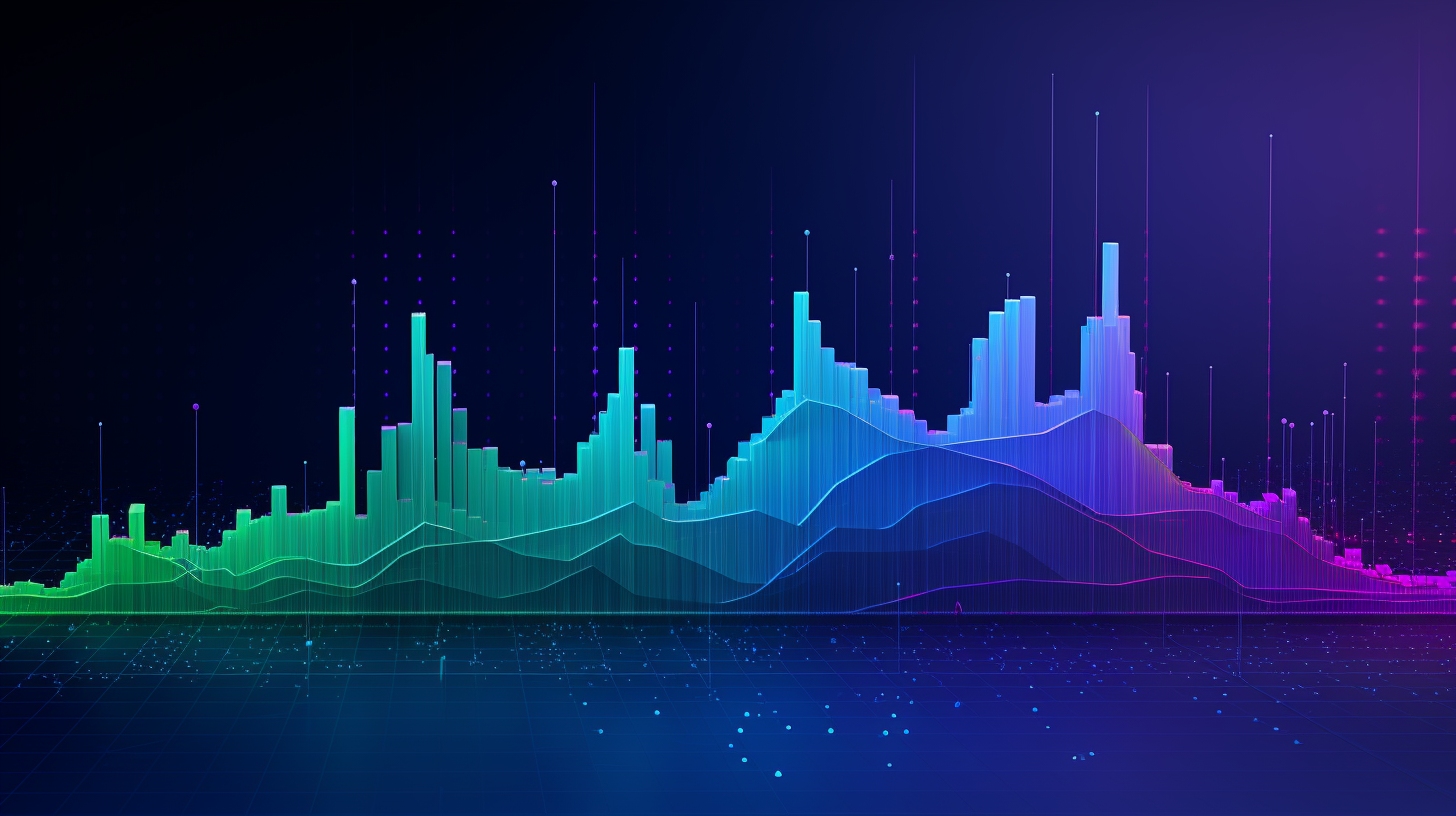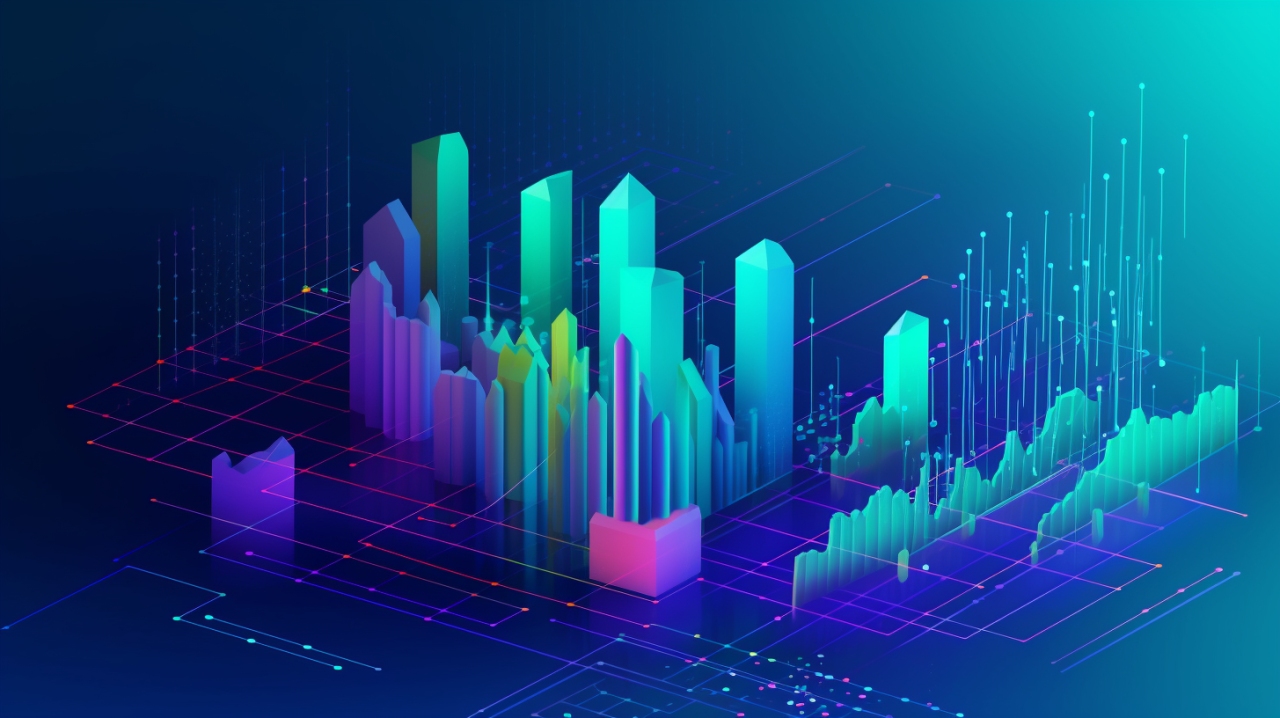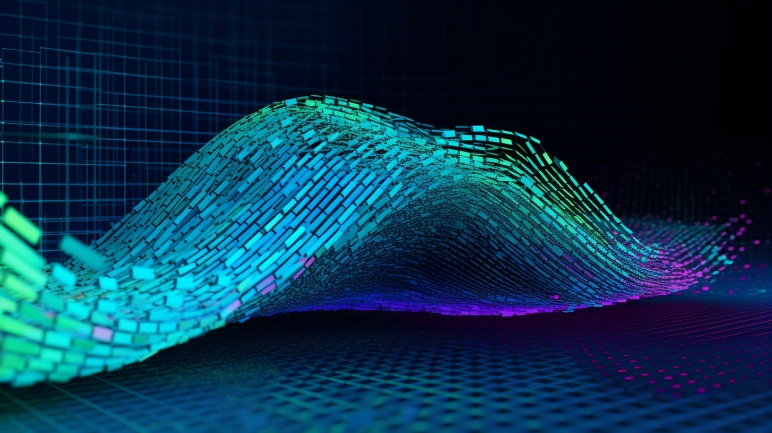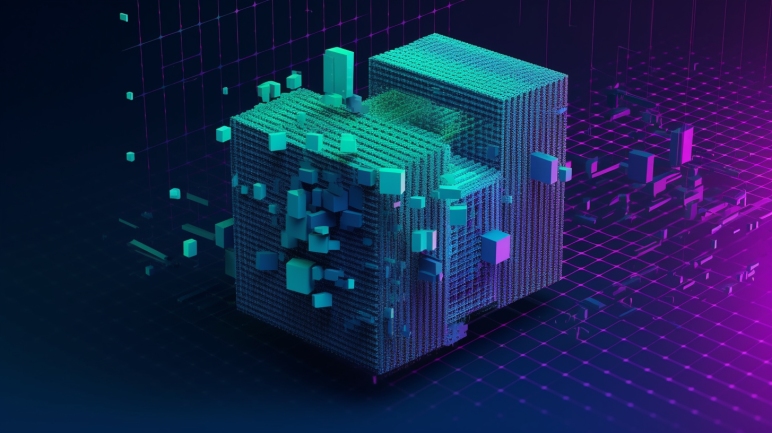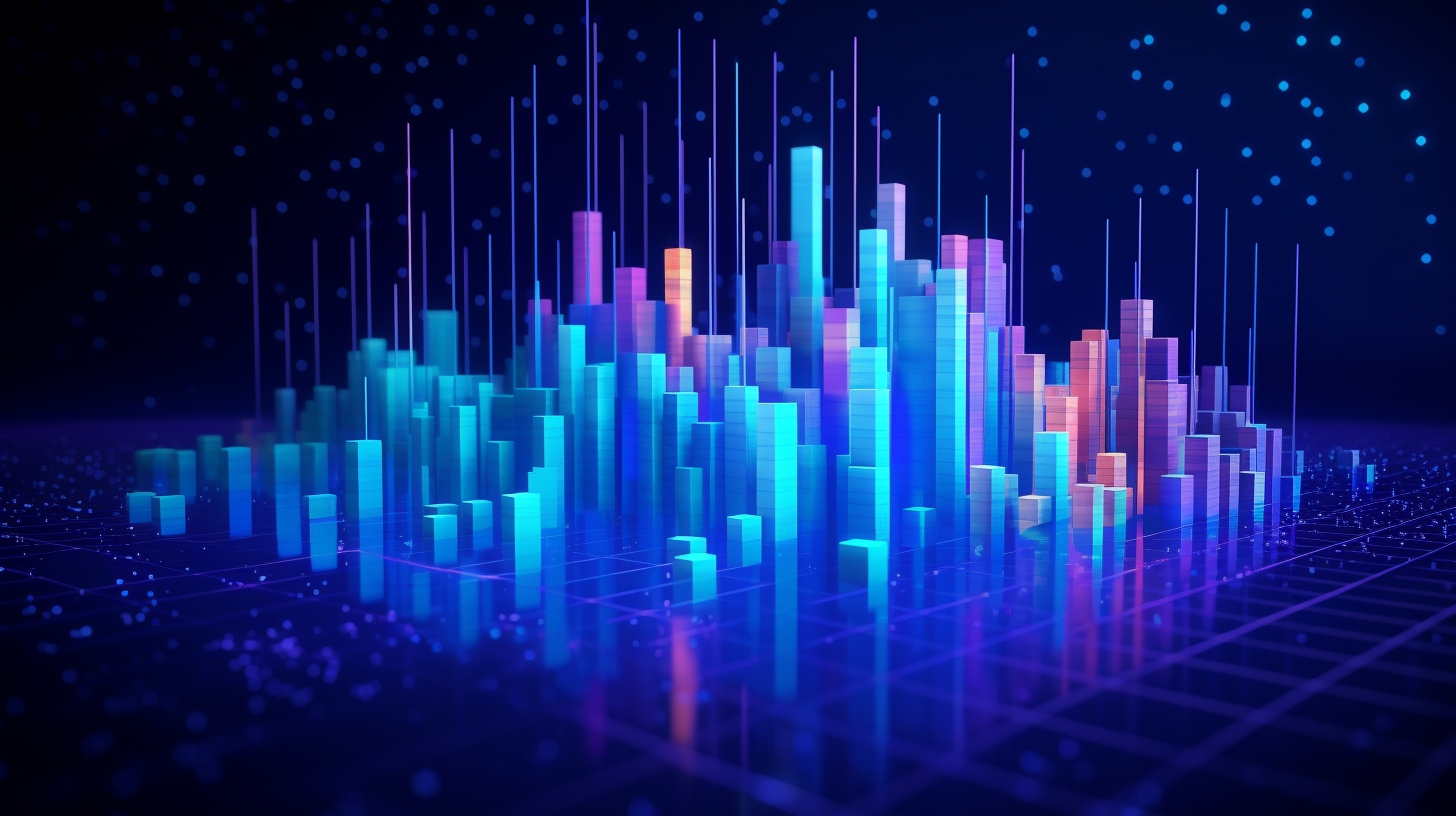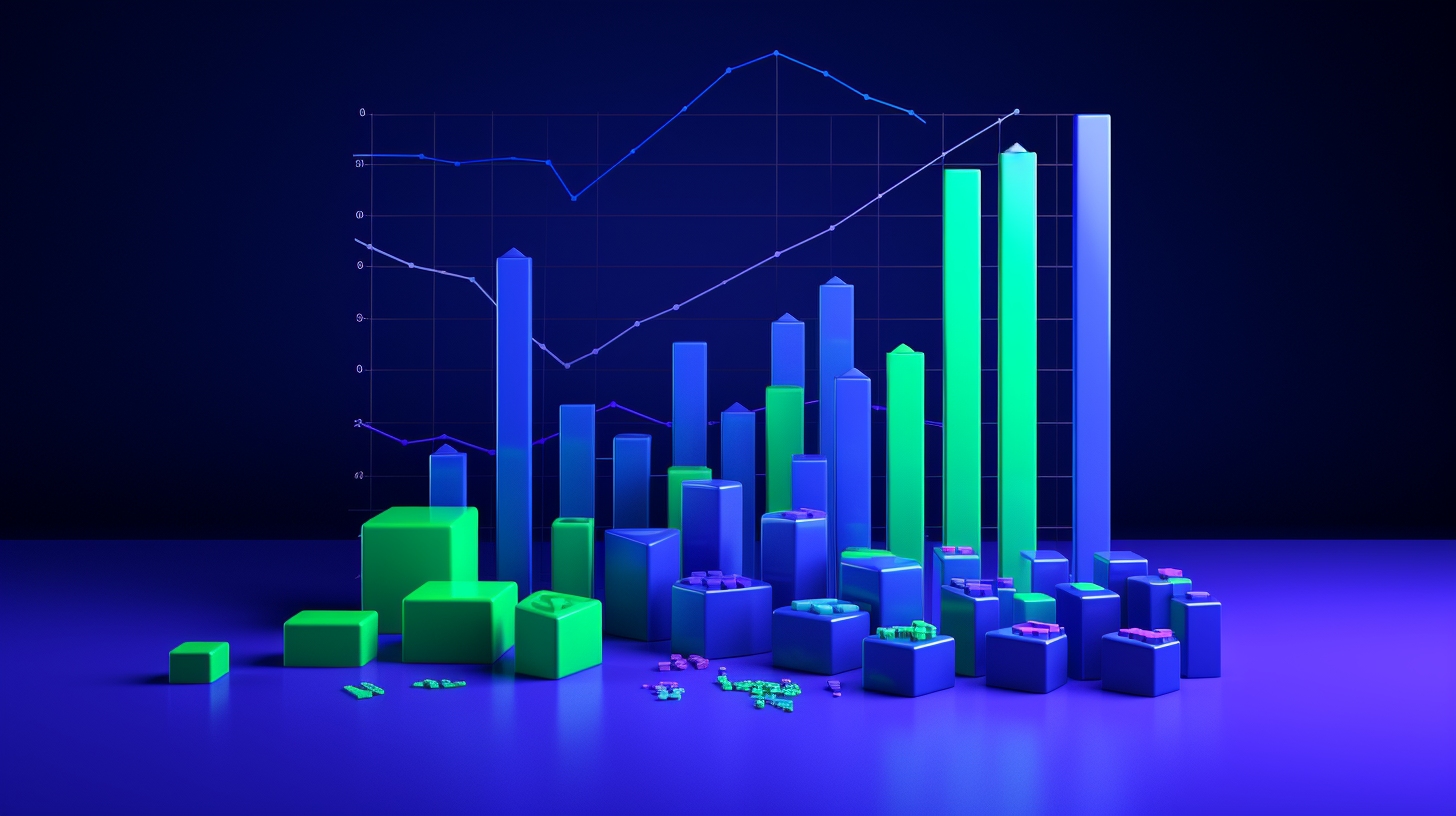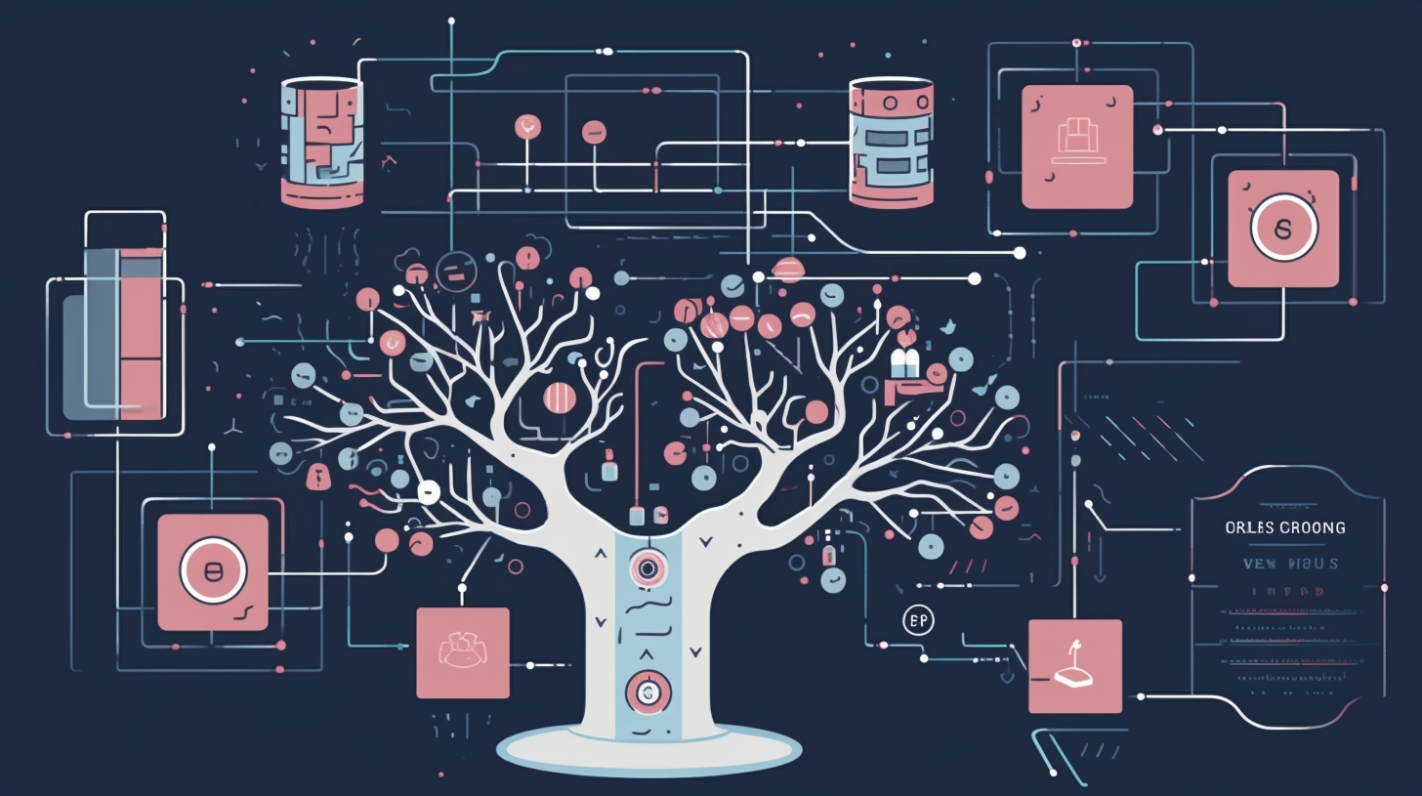Data science is a rapidly growing field with immense potential, transforming industries from healthcare to finance.
By harnessing the power of data, you can uncover hidden patterns, predict future trends, and make informed decisions that drive innovation and success.
Learning data science equips you with highly sought-after skills, opening doors to a rewarding career path with endless possibilities.
Whether you’re interested in machine learning, data analysis, or data visualization, mastering data science can empower you to make a real impact in the world.
However, with so many online courses available, finding the perfect data science program can feel overwhelming.
You’re looking for a course that not only provides a comprehensive curriculum but also offers hands-on projects, expert guidance, and career support to help you succeed.
You want to ensure you’re investing your time and resources in a program that will truly prepare you for the challenges and rewards of a data science career.
Based on our in-depth analysis, the best data science course overall on Udacity is the Data Scientist Nanodegree.
This comprehensive program covers a wide range of essential topics, from data analysis and machine learning to data engineering and experimental design.
With real-world projects and expert instruction, this Nanodegree provides a solid foundation for launching your data science career.
While the Data Scientist Nanodegree stands out as our top pick, Udacity offers a variety of other excellent data science courses catering to different interests and skill levels.
Keep reading to discover more options and find the perfect Udacity data science course to help you achieve your goals.
Data Scientist Nanodegree
The Udacity Data Scientist Nanodegree equips you with a thorough understanding of data science.
You will learn to analyze data, communicate findings to stakeholders, and write clean, efficient code for building data pipelines.
The program emphasizes object-oriented programming, allowing you to create data dashboards to present your analyses.
You will delve into data engineering, building ETL, NLP, and machine learning pipelines.
A disaster response pipeline project will test your ability to work with real-world data.
You will also master experimental design, learning A/B testing through a Starbucks case study.
Additionally, you will explore recommendation engines, learning how matrix factorization delivers personalized recommendations, similar to those used by Netflix.
The program culminates in a capstone project, where you will apply your skills to real-world data science problems.
You can choose to build a convolutional neural network for image recognition or deploy a Spark application to a cloud platform.
These projects allow you to showcase your expertise and prepare for a data science career.
Expert instructors, including a data engineer from Netflix and a former Google Machine Learning Engineer, will guide you through the curriculum.
They bring experience from diverse fields like cancer research and process automation.
The program also includes prerequisites in Python for data analysis, SQL, data visualization, and linear algebra, ensuring you have a solid foundation.
Career services, such as resume and LinkedIn profile reviews, further prepare you for your job search.
Data Analyst Nanodegree
If you are looking to become a Data Analyst, this Udacity Nanodegree can help you gain the skills you need.
You will begin by learning the basics of data analysis using Python libraries such as Pandas and NumPy.
You will discover how to explore data, clean it, and use tools like Jupyter Notebooks.
Mastering these tools will enable you to confidently analyze data and communicate your findings.
You will then delve deeper into the challenging art of data wrangling, learning how to gather, assess, and clean messy, real-world data.
These practical skills will provide you with a solid foundation in the techniques essential for any aspiring data analyst.
To make your analyses truly stand out, you need to communicate them visually.
You will learn how to use Matplotlib and Seaborn to create engaging and insightful visualizations.
Exploring various chart types and design principles will enable you to masterfully convey the story within your data.
The instructors of this Nanodegree, experts like Ria Cheruvu, with her master’s degree in data science from Harvard and experience in AI ethics at Intel, will guide you toward a successful career.
You will learn how to optimize your LinkedIn profile and GitHub portfolio to attract potential employers, giving you a head start in the exciting field of data science.
Data Science for Business Leaders Nanodegree
This Udacity Nanodegree program teaches you how to use data science to improve your business.
You will learn from Ed Wiley, a data science expert with over 25 years of experience in the field.
He teaches you the core concepts of data science, including machine learning and AI.
You also learn how to create a strong data science strategy and find the right people to carry it out.
The course begins with the basics of data science and progresses to developing a comprehensive data strategy for your company.
You will discover different data science methods, how to evaluate their influence on your business, and how to create a plan for implementing data science solutions.
This includes understanding the roles of CIOs, CTOs, and Chief Data Scientists.
Finally, you will put your newfound knowledge to work by developing a 100-day data science plan for a company of your choice.
This project teaches you how to spot a company’s problems, examine data, and create a data-driven solution.
You gain experience in developing a data science strategy and a plan for putting it into action.
Programming for Data Science with Python Nanodegree
This Nanodegree equips you with the programming skills needed to excel in data science.
You will start by mastering SQL, the language used to communicate with databases.
You will learn how to extract meaningful information from databases, clean and prepare data for analysis, and optimize queries for better performance.
Then, you’ll conquer the command line, a powerful tool for interacting with your computer.
You will learn how to navigate files and directories, execute commands, and automate tasks, which are essential skills for efficiently handling large datasets.
Next, you’ll delve into Python, the go-to language for data analysis.
Starting with the basics like data types and control flow, you’ll advance to using powerful libraries like NumPy and Pandas.
These libraries will enable you to efficiently manipulate, analyze, and visualize data, preparing you for real-world data science projects.
You will also master Git and GitHub, essential tools for version control and collaborative coding.
You’ll learn how to track changes to your code, revert to previous versions if needed, and collaborate seamlessly with others on projects.
Finally, you’ll explore the world of data visualization with Tableau, a leading data visualization software.
You will learn how to transform data into insightful and visually appealing charts and dashboards.
This will allow you to communicate your findings effectively to both technical and non-technical audiences.
Programming for Data Science with R Nanodegree
You begin with SQL, the industry standard for interacting with databases, using it to answer real-world business problems.
This includes mastering essential commands, combining data from various tables using joins, and summarizing information through aggregations.
You even explore advanced techniques like subqueries, temporary tables, data cleaning, and performance tuning.
Next, you delve into the world of R, a popular language for data analysis.
You learn the basics, from data types, functions, loops, and conditional statements, to reading and manipulating data in R. You also develop skills in creating visualizations to represent trends graphically and perform statistical analysis, including concepts like hypothesis testing and regression analysis.
This program doesn’t just focus on coding; it also teaches you how to use Git and GitHub, crucial tools for version control.
You learn to manage different versions of your programs, collaborate seamlessly with others, create repositories, track changes, and contribute to open-source projects.
The program concludes with career services, a valuable resource that guides you through industry research, helps you enhance your LinkedIn profile, and teaches you how to optimize your GitHub profile to attract potential employers.
Data Visualization Nanodegree
In Udacity’s Data Visualization Nanodegree, you will build a strong understanding of data visualization and storytelling.
You will become proficient in Tableau, a leading data visualization tool, and learn to craft interactive dashboards and impactful presentations.
Expert instructors like Robert Crocker, a consultant with experience at major companies like Charles Schwab, and Ben Jones, author of “Communicating Data with Tableau,” guide you through the curriculum.
The program covers a comprehensive range of topics across seven distinct courses.
You will start with the fundamentals of data visualization, including design principles and best practices for creating compelling visuals.
Then, you will move into the world of dashboard design, learning to plan, design, and refine dashboards for real-world applications.
Data storytelling takes center stage as you learn to uncover hidden insights, build compelling narratives, and communicate your findings effectively.
You will explore different types of data stories, master the art of animating visualizations, and learn to confidently present your insights to stakeholders.
The program culminates in a capstone project where you apply your skills to a real-world problem.
To ensure your success, the program includes career services to help you optimize your LinkedIn profile and craft a standout resume.
If you need to brush up on your data analysis skills, a supplemental course covers descriptive statistics and data manipulation using spreadsheets.
Statistics for Data Analysis Nanodegree
This Udacity Nanodegree equips you with the essential skills to describe data, understand probability theory, design experiments, interpret statistical results, and apply statistical models using Python.
You’ll begin by grasping descriptive statistics, which involve summarizing and describing data using measures of center like mean and median, measures of spread like standard deviation, and understanding different data types.
You’ll then delve into the world of probability theory, the bedrock of statistical inference, understanding concepts like binomial distribution, conditional probability, and Bayes’ Rule.
This knowledge will help you grasp how events influence each other.
The course then guides you through the fascinating realm of experimentation.
You’ll explore the normal distribution, a cornerstone of statistics, and learn about sampling distributions and the Central Limit Theorem.
You’ll understand how to construct confidence intervals to estimate population parameters and perform hypothesis testing to draw conclusions from data.
You’ll also learn about A/B testing, a powerful technique for comparing different versions of websites or products.
Finally, you’ll apply your statistical knowledge to algorithms, learning about regression, a technique used to predict a continuous variable based on other variables.
You’ll explore both simple and multiple linear regression, as well as logistic regression, which is used to predict a categorical variable.
Throughout the course, you’ll gain practical experience using Python, a widely used programming language for data science.
You’ll even have the opportunity to apply your knowledge in a capstone project where you’ll analyze A/B test results.
Taught by industry experts like Sebastian Thrun, the founder of Udacity and Google X, and Josh Bernhard, a seasoned data scientist, this Nanodegree ensures you learn from the best.
Data Product Manager Nanodegree
This two-month program will teach you the technical skills needed to confidently build and manage data-driven products.
You’ll learn from seasoned product leaders who have worked at companies like Apple, Beats Music, and VSCO.
They’ll share their real-world experiences as you explore how to analyze data for trends, model user behavior, and make smarter product decisions.
Imagine having the ability to predict the future of your product using the power of data.
This Nanodegree doesn’t just scratch the surface.
You’ll dive deep into building a data infrastructure, learning about data pipelines, identifying data producers and consumers, and crafting a scalable data strategy.
Think of it like creating the backbone for your data, making sure it flows efficiently and is accessible to those who need it.
You’ll even tackle a case study for a flying taxi business, putting your skills to the test in a practical scenario.
Also check our post on the best Data Science courses on Coursera, our post on the best Data Science courses on Udemy, and our post on the best Data Science courses on any provider.


